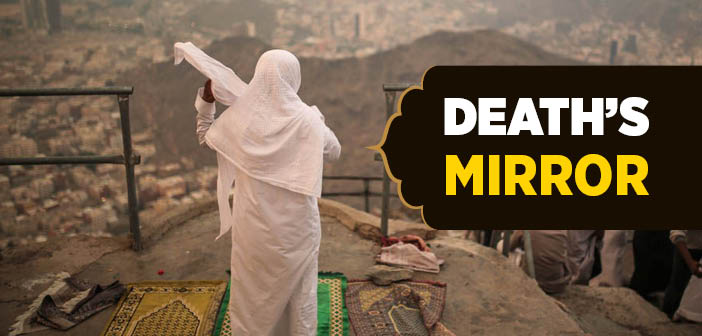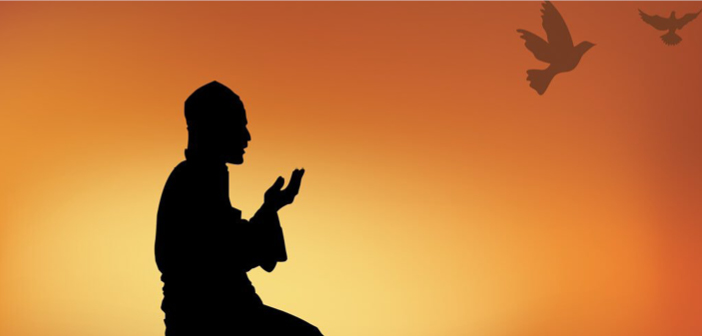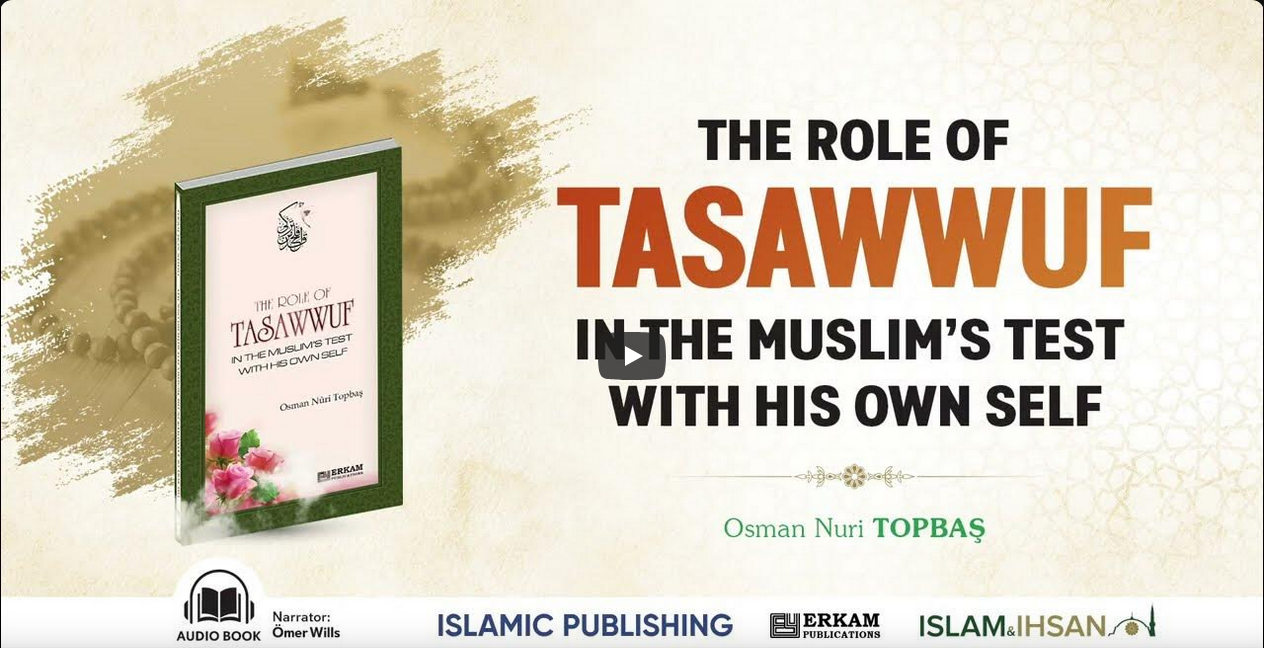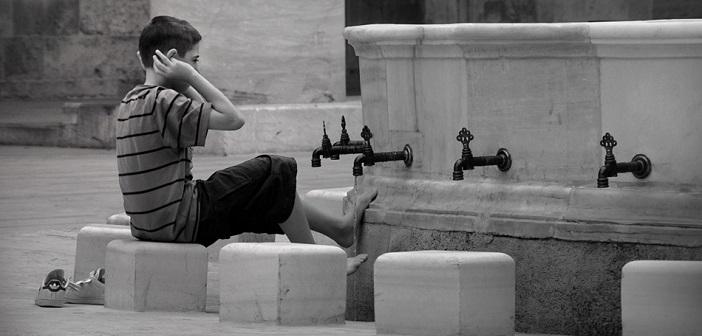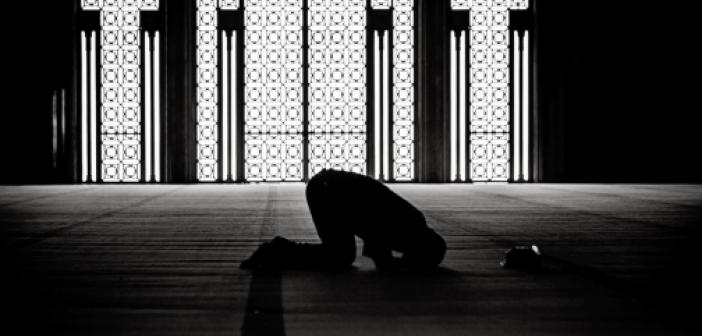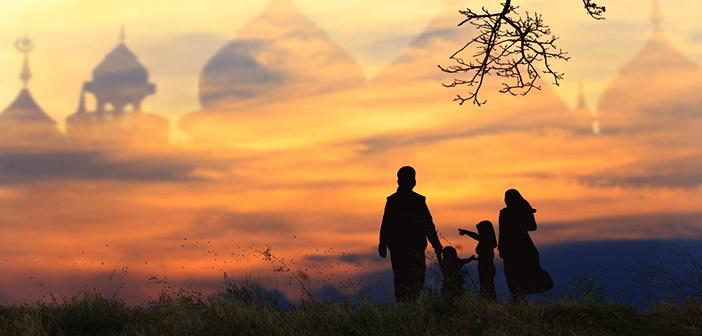
External Obligations of Islam
What are the external obligations in islam?
The Prophet (may Allah bless him and grant him peace) informed in his sayings about the external deeds that will take us to the Garden.
Rabi'a Ibn Kab said:
“I was with Allah's Messenger (may Allah bless him and grant him peace) one night and I brought him water and what he required. He said to me: Ask anything you like. I said: I ask for your company in the Garden. He (the Holy Prophet) said: Or anything else besides it. I said: That is all. He said: Then help me to achiee this for you by devoting yourself often to prostration.” (Muslim, Salat, 226)
Another beloved companion of the Prophet (may Allah bless him and grant him peace) Thawban (may Allah be pleased with him) asked him about the deeds that will take a Muslim to the Garden. He asked these questions insistently three times. The following hadith explains the dialogue between him and the Prophet (may Allah bless him and grant him peace):
Thawban, the beloved companion of Allah's Messenger (may Allah bless him and grant him peace), asked him to tell about an act for which, if he does it, Allah will admit him to the Garden. He gave no reply. He again asked and Allah's Messenger gave no reply. He asked him for the third time, and Allah's Messenger said:
“Make frequent prostrations before Allah, for you will not make one prostration without it raising you a degree because of it and removing a sin from you, because of it.” (Muslim, Salat, 225)[1]
Prostrations in the above hadith means praying Salat, so those who want to enter the Garden and become a neighbour of Prophet (may Allah bless him and grant him peace) should often pray Salat and increase the level of their closeness to Allah by making as many prostrations as possible. The Prophet has the highest place in the Garden in comparison with other Prophet s, hence in order to be closer to him one needs to resemble him in his states, his actions, his contemplation and reflection, and his awe in the prayer.
Prayer is the central pillar of the religion and it is the ascension of the believer to God, hence it is one of the best means of reaching the Garden as the Prophet (may Allah bless him and grant him peace) said in the following:
“The Prophet (may Allah bless him and grant him peace) said, "Allah will prepare for him who goes to the mosque every morning and in the afternoon (to pray in congregation) an honourable place in the Garden with good hospitality for every morning and afternoon he went.” (Bukhari, Adhan, 37; Muslim, Masajid, 285)
“A house will be built in the Garden, for anyone who prays in a day and a night twelve rak'ahs; and he added: I have never abandoned (observing them) since I heard it from the Messenger of Allah (may Allah bless him and grant him peace). Some of the other narrators said the same words: I have never abandoned (observing them) since I heard (from so and so).” (Muslim, Musafirin, 103)[2]
“The first thing that he spoke about was that he said: 'O you people! Spread the Salam (greeting invoking peace), feed others and perform Salat while the people are sleeping; you will enter the Garden with (the greeting of) Salam.'” (Tirmidhi, Kiyamah, 42)[3]
Once the Prophet (may Allah bless him and grant him peace) was asked about the acts that will take a believer to The Garden and he answered:
“You should worship Allah and do not ascribe any partners to Him, offer prayer perfectly, pay the Zakat (obligatory charity) and keep good relations with your relatives." (Bukhari, Zakat1, Adab 10; Muslim, Iman, 12, 14) ([4])
Alongside establishing prayer there are also other traditions that advise other kinds of good acts as a means to enter the Garden. In one of the hadiths Prophet (may Allah bless him and grant him peace) said:
"The performance of Umra (the lesser pilgrimage) is an expiation for the wrong deeds committed (between it and the previous one). And the reward of an accepted Hajj (the greater pilgrimage) is nothing other than the Garden.".” (Bukhari, Umrah, 1; Muslim, Hajj, 437)
In another hadith the best means of reaching the Garden is described as learning useful knowledge. The Messenger of Allah (may Allah bless him and grant him peace) said:
"Whoever takes a path upon which he seeks knowledge, Allah makes the way to the Garden easy for him. And indeed the angels lower their wings in approval of the one seeking knowledge. Indeed, forgiveness is sought for the knowledgeable one by whomever is in the heavens and whomever is in the earth, even the fish in the water. And the superiority of the scholar over the worshiper is like the superiority of the moon over the rest of the celestial bodies. Indeed, the scholars are the inheritors of the Prophet s and the Prophet s do not leave behind them a single Dinar or Dirham (gold or silver coin). The only legacy of the scholars is knowledge, so whoever takes it, has indeed taken the most able share.” (Abu Dawud, Ilm, 1; Tirmidhi, Ilm, 19)
The following hadith also describes some other acts that take the believer to the Garden:
“Who amongst you is fasting today?” Abu Bakr said:
“I am.” He said: “Who amongst you followed a funeral procession today?” Abu Bakr said:
“I did.” He (may Allah bless him and grant him peace) again said:
“Who amongst you served food to the needy?” Abu Bakr (may Allah be pleased with him) said:
“I did.” He said:
“Who amongst you has today visited the sick?” Abu Bakr said:
“I did.” Thereupon Allah's Messenger (may Allah bless him and grant him peace) said:
“Anyone in whom (these good deeds) are combined will certainly enter the Garden.” (Muslim, Fedailu’s-Sahaba, 12)
Another important means of gaining entrance into the Garden is to fight in the path of Allah against those who want to harm the believers and Islam. Allah said in the Majestic Qur’an:
“Allah has bought from the believers their selves and their wealth in return for the Garden. They fight in the Way of Allah and they kill and are killed. It is a promise binding on Him in the Torah, the Ingil and the Qur’an and who is truer to his contract than Allah? Rejoice then in the bargain you have made. That is the great victory.” (At-Tawba, 9:111)
According to narrations in the books Qur’anic commentary this verse was revealed on the occasion of the pledge of Aqaba, where the Muslims of Madinah who invited the Prophet to their homeland made a strong pledge in renewal of their commitment to the Prophet. Abdullah b. Rawaha said:
“O Messenger of Allah, you can lay down any condition for Allah and for yourself.”
The Prophet said:
My condition in the name of my Lord is that you will worship Him alone and will not associate any partner with Him.
My condition for myself is that you will protect me as you protect your own lives and possessions.
The believers from Madinah asked:
If we fulfil these conditions what is our reward:
The Prophet (may Allah bless him and grant him peace) said: “The Garden!” having heard this answer they became very happy and said:
What a profitable business this is, we will never break this contract or allow others to break it. (Ibn Kathir, Tafsir, II, 406)
Abdullah Ibn Rawaha (may Allah be pleased with him) later in the battle of Mutah fulfilled his pledge, giving his life in the path of Allah and donating his wealth to the wellfare of the Muslims. He went to the battle knowing very clearly that he will not return and will be martyred in the battle.
Similarly, all the other companions were loyal to this pledge, making dawah (invitation) in the path of Allah, and giving their lives if necessary for the spreading of Islam. So their spiritual business thrived with all their sacrifices.
We should remind the reader that all good actions like fasting, prayer, pilgrimage to Mecca, spreading Islam will be a means to the Garden if one fulfils other rules at the same time. If one does not fulfil these obligations and only does a few other acts which are described as a means to the Garden, it may not be enough and end up being little more than false hope, deceiving himself or herself.
[1] Ayrica bkz. Abu Dawud, Tatawwu, 22; Tirmidhi, Salat, 169; Nasa’i, Tatbik, 80, 89.
[2] Ayrica bkz. Abu Dawud, Tatawwu, 1; Tirmidhi, Salat, 189; Nasa’i, Kiyamu’l-Layl, 66, 67.
[3] Ayrica bkz. Ibn Majah, Ikama 174, Et’Ime 1.
[4] Ayrica bkz. Nasa’i, Salat, 10.
Source: Osman Nuri Topbaş , Journey To Eternity, Erkam Publications
Dying as Muslims

Death’s Mirror
